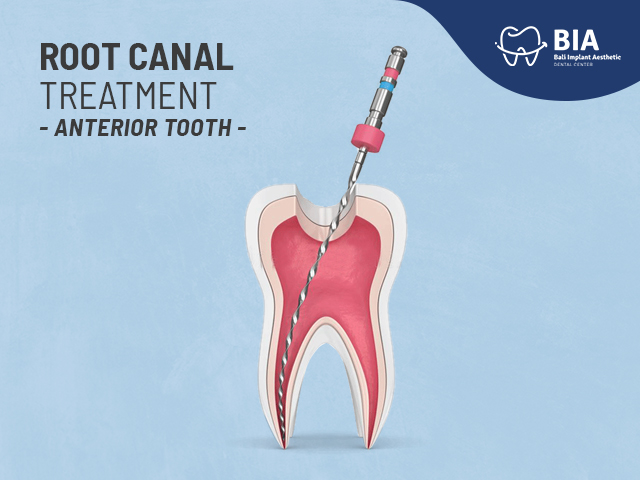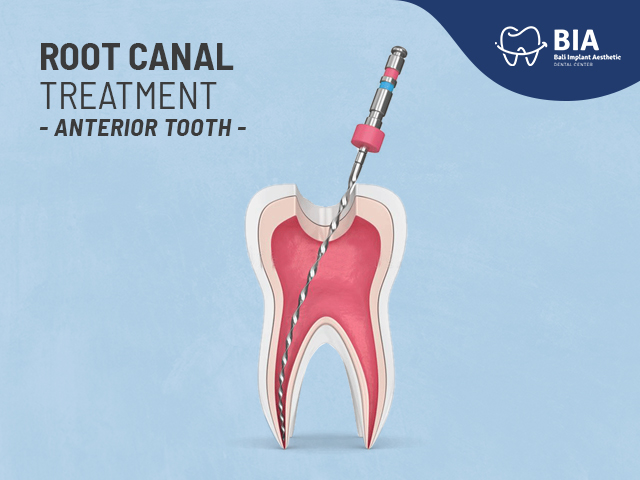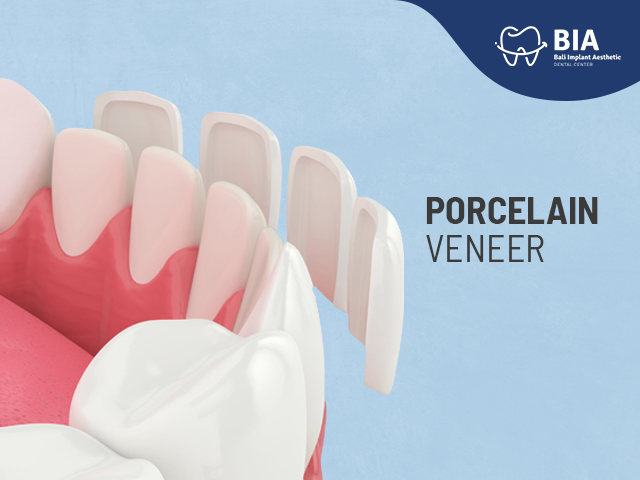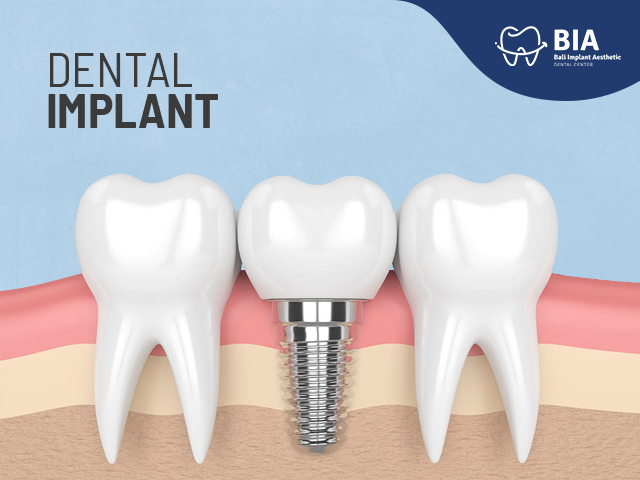Efficacy of Miswak Wood on Dental and Oral Health
Article | 2020-05-20 02:44:07
Home » Articles » Efficacy of Miswak Wood on Dental and Oral Health
Efficacy of Miswak Wood on Dental and Oral Health
In Islam, cleansing to clean teeth and mouth is included in the practice of the Sunnah. A Muslim can use siwak several times a day, such as just before reading the Koran, after eating, before going to sleep, and after waking up in the morning. The Prophet Muhammad himself advised his people to be bersiwak when they wanted to pray.
Miswak History
Siwak was used centuries ago in the Greek and Roman empires. Siwak is increasingly known in the Middle East and South America, and is now used by residents of Africa, Asia, the Mediterranean, South America and in various other countries.31,32 Aside from religious and cultural factors, siwak is widely used by the community because it is cheaper, easy to get, and environmentally friendly.
What is Miswak?
Miswak, is part of the stem, roots or branches of the Salvadora persica plant which mostly grows in the Middle East, Asia, and Africa. Salvadora persica is a kind of shrub tree with a main stem that is erect and has many leafy branches, young green leaves. Brown wood trunks, rather rough texture. The leaves are round to oval, dark green. Yellowish green flowers, small. The fruit is 5-10 mm in diameter, pink, when it is ripe the color will turn red. Miswak is usually taken from the roots and branches of the arak plant (Salvadora persica) with a diameter of between 0.1 to 5 cm.
Miswak is more than just an ordinary toothbrush because in addition to having elastic stem fibers and not damaging teeth, Miswak also has natural antimicrobial properties. Small diameter Miswak stems have a high ability of flexibility in the oral cavity and can function to erode dental plaque.
Classification and Morphology of Siwak Plants
Kingdom: Plantae
Division: Magnoliphytax
Class: Magnoliopsida
Ordo: Brassicales
Family: Salvadoraceae
Genus: Salvadora
Species: Salvadora persica
The benefits of Miswak
Mechanically, the fibers of the siwak stem are able to clean between the teeth. Siwak also stimulates the production of saliva, where saliva is an organic mouth that serves to protect and clean the mouth from food debris and oral bacteria. While the benefits are based on the chemicals contained therein including:
1. Trimethylamine serves to reduce the occurrence of plaque adhesions on the surface of the tooth.
2. Chloride is useful for removing stains and tartar on teeth.
3. Silica can react as scouring.
4. The presence of sulfur gives a warm taste and distinctive aroma.
5. Florida is useful as a caries prevention by strengthening the enamel layer and reducing the solubility of acids produced by bacterial metabolism.
6. Bicarbonate which functions as a component to maintain the buffer system in the oral cavity so that it neutralizes acidity in the oral cavity.
7. Tannins (acidic acid) contained in siwak can reduce the attachment of bacteria to the tooth surface.
8. Vitamin C helps heal and repair gum tissue.
Always consult your dental and oral health problems with the best dentists and dental clinics in Bali.
BIA Dental Center
Jl. Sunset Road No.86A, Seminyak, Badung, Bali Indonesia 80361.
+6282139396161
Source:
https://www.republika.co.id/berita/dunia-islam/islam-digest/16/10/19/ofafl1313-keistimewaan-siwak-dan-teladan-rasulullah
El Rahman HF, Skaug N, Francis GW. In vitro antimicrobial effects of crude miswak extract on oral pathogens. Saudi Dent J. 2002;14:26-32.
Adriyati P. Pengaruh pemberian larutan ekstrak siwak (Salvadora persica) terhadap pembentukan plak gigi [skripsi]. Semarang : Fakultas Kedokteran Universitas Diponegoro; 2011
Beemsterboer P. Plaque & calculus [Internet]. [cited 2011 Aug 14]. Available from: http://www.dent.ucla.edu/pic/members/plaque/index.html.




